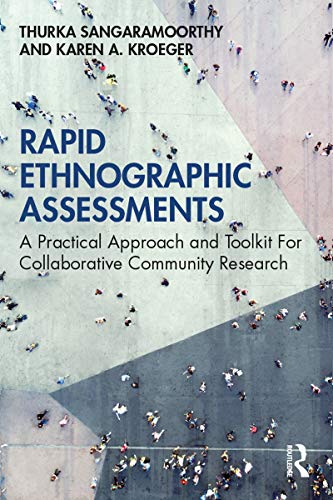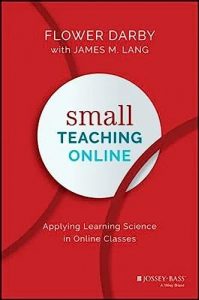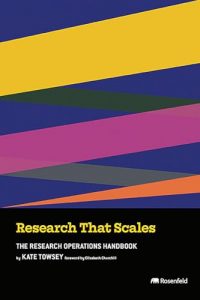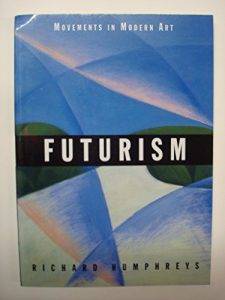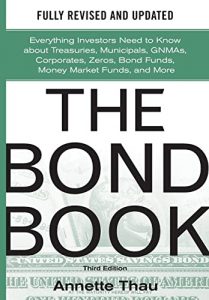Discover the Richness of Ethnographic Studies
Ethnographic studies have long served as a fundamental lens through which we can observe and understand the complexities of cultures and societies. This innovative approach to research encompasses a variety of methodologies aimed at capturing the depth and nuances of human experiences. In an increasingly interconnected world, these studies shed light on the ways our diverse backgrounds shape our identities and interactions. From exploring community dynamics to examining individual behaviors, ethnographic research reveals the underlying patterns that define our collective existence.
In this blog post, we proudly present a curated list of essential books that delve into the fascinating world of ethnography. Each title showcases unique methodologies and insights, making them indispensable for researchers, students, and enthusiasts alike. We invite you to explore these incredible works that not only inform but also inspire a deeper appreciation for the diverse tapestries of human life.
Featured Books on Ethnographic Studies
1. Rapid Ethnographic Assessments: A Practical Approach and Toolkit For Collaborative Community Research
This compelling guide offers a hands-on approach for researchers seeking to engage communities through rapid ethnographic assessments. Aimed at facilitating collaborative inquiry, it presents an array of tools and strategies that empower researchers to effectively gather and analyze qualitative data. This book is essential for those looking to make impactful connections within communities while honoring their unique cultural contexts. The insights gained through these assessments can dramatically improve the effectiveness of social programs and initiatives.

2. Doing Ethnographic Research: Activities and Exercises
This extraordinary volume demystifies the ethnographic research process through practical activities and exercises. It is structured to assist both novice and experienced researchers in developing their ethnographic skills and understanding of the field. Covering essential topics such as observation, interviewing, and data analysis, it is a valuable resource for anyone aiming to conduct effective ethnographic research. With engaging exercises that prompt critical thinking, this book is a must-have for those committed to uncovering the intricacies of human behavior.

3. Our Most Troubling Madness: Case Studies in Schizophrenia across Cultures (Ethnographic Studies in Subjectivity) (Volume 11)
In this insightful collection, the authors present ethnographic case studies that explore the manifestations and cultural perceptions of schizophrenia across various societies. This book invites readers to consider how mental health is seen differently around the world, highlighting the importance of context in shaping experiences and treatment modalities. A vital read for medical professionals and anthropologists alike, it sheds light on the intersection between culture and mental health, challenging the often Western-centric narratives.

4. Life of Worry: Politics, Mental Health, and Vietnam’s Age of Anxiety (Ethnographic Studies in Subjectivity) (Volume 17)
This profound exploration marries the themes of mental health and political turmoil, focusing on the poignant narratives stemming from Vietnam’s historical context. The authors highlight how anxiety and mental health are deeply interwoven with sociopolitical factors, offering valuable insights for understanding contemporary mental health issues within historical frameworks. Recommended for anyone interested in the socio-political dimensions of mental health, this book presents a rich tapestry of ethnographic research.

5. The Ethnographic I: A Methodological Novel about Autoethnography (Volume 13) (Ethnographic Alternatives, 13)
This innovative book utilizes the narrative form to explore the intricacies of autoethnography, offering an engaging and thought-provoking take on the research process. Through a fictional lens, it addresses the challenges and opportunities inherent in studying oneself in relation to a chosen group. Whether you are new to autoethnography or looking to expand your understanding, this book invites readers to reflect on personal experiences while contributing to broader discussions in ethnographic research.

6. The Ethnographic Interview
This practical guide outlines the art and technique of conducting ethnographic interviews. It presents methods and strategies for creating effective dialogue that can yield rich, qualitative data. Ideal for both seasoned researchers and students, this book emphasizes the importance of building rapport and understanding context in interviews. With numerous examples and exercises, it serves as an indispensable resource for anyone involved in the art of ethnographic inquiry.

7. The King of Bangkok (Ethnographic)
This compelling ethnographic work immerses readers in the vibrant world of Bangkok, offering a detailed account of its cultural dynamics, politics, and the artistry of everyday life. The author’s vivid storytelling and rich descriptions draw readers into the heart of this bustling city, making it an essential read for those interested in urban anthropology or Thai culture. This book stands out for its ability to blend rigorous research with captivating narratives.

8. Ethnographic Study of Traditional Money: A Definition of Money and Descriptions of Traditional Money
This enlightening book explores the concept of money through an ethnographic lens, presenting a critical analysis of traditional monetary systems. The work presents diverse cultural perspectives on what constitutes ‘money’ and how these definitions shape economic behaviors. For those interested in anthropology, economics, or cultural studies, this exploration of value and exchange is a fascinating and informative read.

9. Subjectivity: Ethnographic Investigations (Ethnographic Studies in Subjectivity) (Volume 7)
This crucial text delves into the complex nature of subjectivity from an ethnographic perspective. It invites readers to engage with the subjective experiences of individuals, encouraging a more profound understanding of how personal narratives intersect with cultural contexts. An essential resource for researchers and students alike, this book expands the boundaries of what ethnography can encompass.

10. Uncovering Indigenous Models of Leadership: An Ethnographic Case Study of Samoa’s Talavou Clan
This fascinating case study provides a window into indigenous leadership models within the Talavou Clan of Samoa. By juxtaposing traditional practices with contemporary leadership challenges, it offers rich insights into the ways culture shapes governance and community dynamics. This book is particularly valuable for those interested in indigenous studies, leadership, and sociocultural anthropology.


